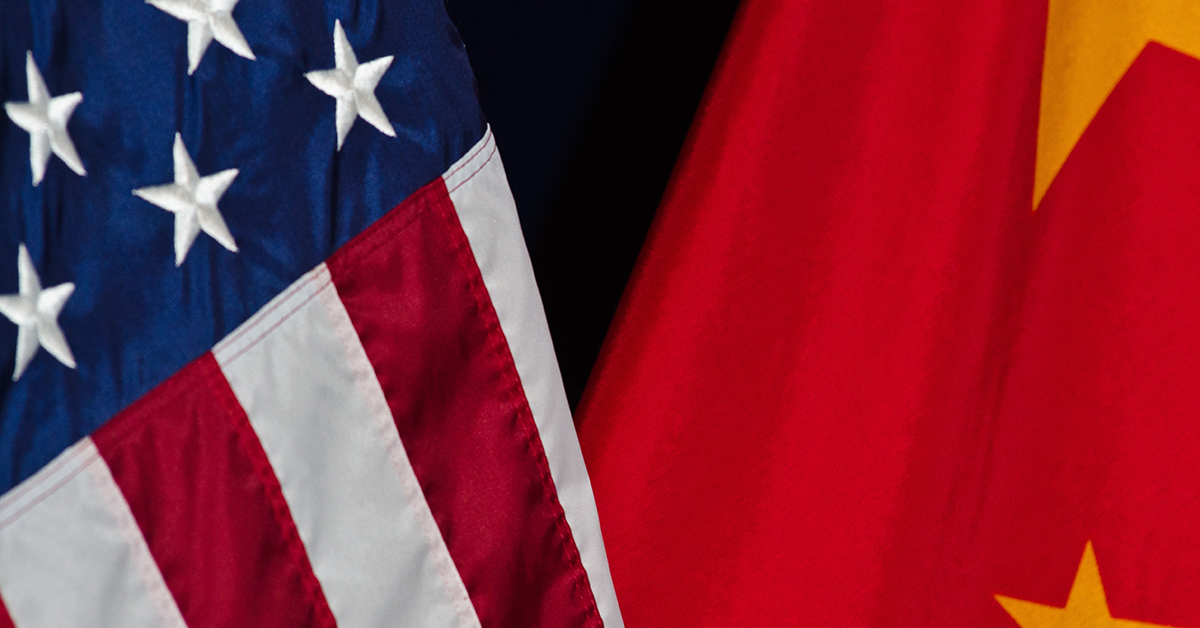The decision of the BRICS to invite Argentina to become a full member in 2024 came as a surprise even to the Argentine government. President Alberto Fernández had lobbied to enter the club, but the expectations were so low he did not even send a high-level official to Johannesburg, unlike the other five newly invited members (Egypt, Ethiopia, Iran, Saudi Arabia and the United Arab Emirates). The surprise is understandable. Argentina’s economy is declining rather than emerging: GDP has been flat for a decade, inflation is skyrocketing, and the country faces a 44-billion-dollar debt showdown with the International Monetary Fund. While Argentina is the third largest Latin American economy -behind Brazil and Mexico- and a member of the G20, it hardly comes to mind when one thinks of rising powers in the Global South.
The inclusion of Argentina in the list of countries invited for membership was due to Brazilian president Lula da Silva, who resisted Chinese pressures to expand BRICS. In the end Lula compromised and vouched for Argentina to include a South American ally at the now larger table. For the Fernández administration, entering BRICS is an opportunity to cement Argentina’s diplomatic status and find alternative sources of financing, such as the New Development Bank (or BRICS bank). Recently, Argentina tapped into an 18-billion-dollar swap agreement with the Chinese central bank to cover payments to the IMF and encouraged the use of the renminbi in bilateral trade with Beijing. Argentina’s attempts to reduce dependency on the dollar, however, are driven by desperation rather than anti-imperialism. With Central Bank reserves at zero and the peso plummeting, the government is frantically trying to preserve scarce greenbacks.
Besides the country’s chronic economic crisis, the invitation is also badly timed because Argentina is in the middle of a presidential campaign that threatens to upend the political system. Whether to join the BRICS or not will come down to the new president, who takes office in December. The two main opposition candidates have already rejected the possibility. Libertarian Javier Milei -an admirer of Donald Trump- wants to adopt the US dollar as the national currency to end inflation, refuses to negotiate with “communists” and intends to align the country with the United States and Israel. Meanwhile, centre-right candidate Patricia Bullrich is opposed to joining BRICS due to Iran’s membership, a country accused of being behind two terrorist attacks in Buenos Aires in the 1990s. Only embattled minister of the Economy and Peronist presidential candidate Sergio Massa supports membership.
A tense political environment makes it difficult for Argentine elites to evaluate membership of BRICS on its merits. It is true that Argentina needs good relations with Washington, no less given the US Treasury’s influence over the IMF. If Beijing succeeds in its attempt to turn BRICS into a more neatly anti-Western alliance, Argentina might find itself in an awkward position. At the same time, Brazil, India and new members Egypt and Saudi Arabia would surely refuse to align themselves squarely with Beijing against the United States, providing Argentina with diplomatic wiggle room within BRICS. Further, even a pro-US Argentine government might want to leverage its membership of BRICS to gain concessions from both Beijing and Washington. After all, Brazil, China and the US – in that order – are Argentina’s largest trading partners, and both China (through swap lines and loans) and the United States (via the IMF) are key creditors of Argentina. Even Brazilian rightist former president Jair Bolsonaro – no friend of China’s – kept his country in BRICS and attended its summits.
In an increasingly multipolar and confrontational international system, occupying at unexpected seat at the table in the most prominent forum for developing countries is something Argentina’s next president should consider carefully. Entering BRICS could allow Buenos Aires to keep punching above its weight diplomatically, continue to diversify its international ties, and – hopefully – find more external support to shore up its decrepit economy. If exercised professionally and as part of a long-term strategy, membership in BRICS might help Argentina navigate a complex world and alleviate its domestic problems.
This article gives the views of the author, and not the position of the China Foresight Forum, LSE IDEAS, nor The London School of Economics and Political Science.
The image of Belgrano, CABA, in Buenos Aires“ by Matias Welschen is licensed under the Unsplash Licence.






2 Comments